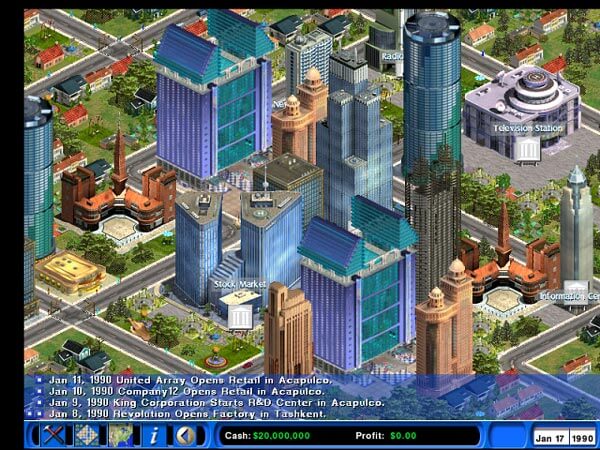

Synthetic fertilizers, however, created further problems. The historical answer of the system to this declining soil productivity was, initially, importation of vast quantities of bones from the Continent and guano (bird droppings) from Peru, and, later, the development of synthetic fertilizers. Rather than constituting a rational form of production, British high farming (the most advanced capitalist agriculture of the day) could be best described, according to Liebig, as a robbery system because of its effects on the soil. Nineteenth century agricultural chemists, most notably Justus von Liebig, had discovered that the loss of soil nutrients-such as nitrogen, phosphorus, and potassium-through the exportation of food and fiber to the city-was disrupting the soil nutrient cycle and undermining capitalist agriculture, while burying cities in waste. One way in which this manifested itself was in the extreme separation of town and country under capitalism, which grew out of the separation of the mass of the population from the soil. Marx employed the concept of a rift in the metabolic relation between human beings and the earth to capture the material estrangement of human beings within capitalist society from the natural conditions that formed the basis for their existence. One of the key elements in Marx’s ecological analysis, as I explained in Marx’s Ecology, is his theory of metabolic rift. What is at issue here can be best understood if we turn to Marx. Two crucial issues in this debate are: (1) must ecological crisis lead to economic crisis under capitalism?, and (2) to what extent is there an ecological contradiction at the heart of capitalist society? How to understand capitalism’s ecological contradictions has therefore become a subject of heated debate among socialists. These contradictions, though stemming from capitalism’s internal laws of motion, extend out to phenomena that are usually conceived as external to the system, threatening the integrity of the entire biosphere and everything within it as a result of capital’s relentless expansion. The social relation of capital, as we all know, is a contradictory one. This talk was presented to the Socialism 2002 conference in Chicago on June 15, 2002.


 0 kommentar(er)
0 kommentar(er)
